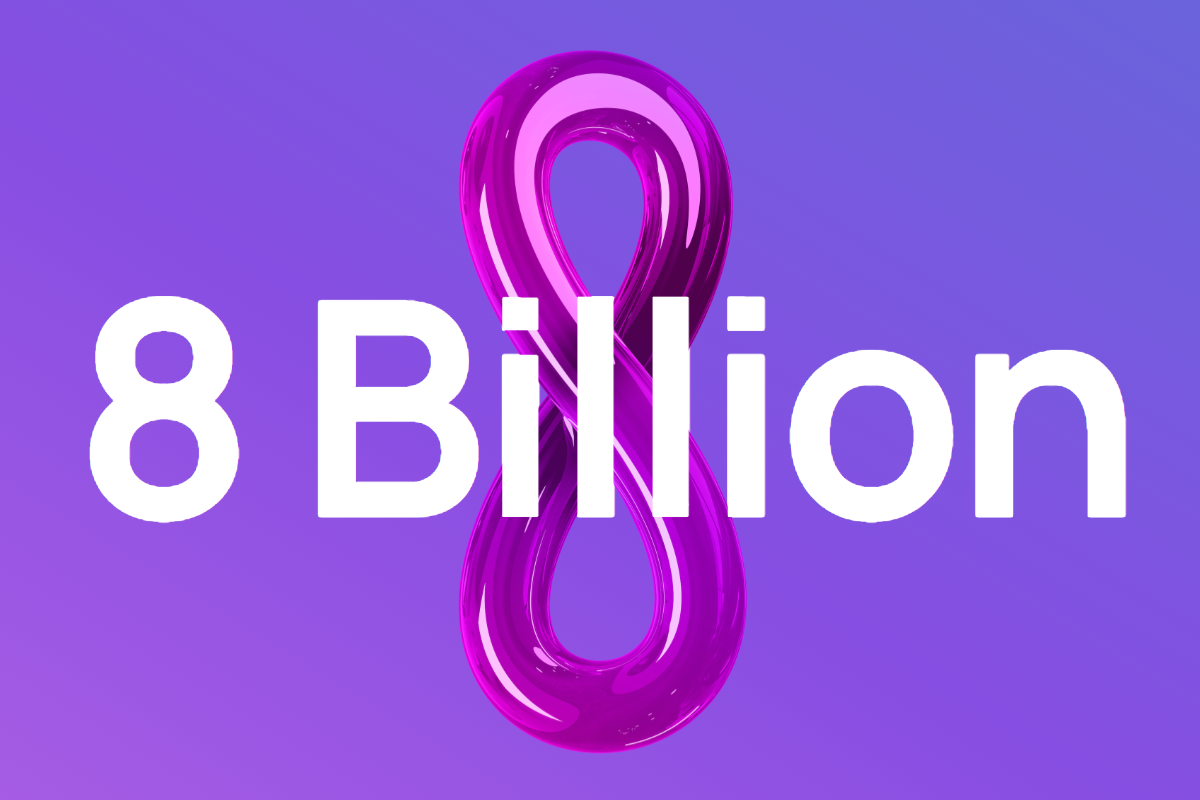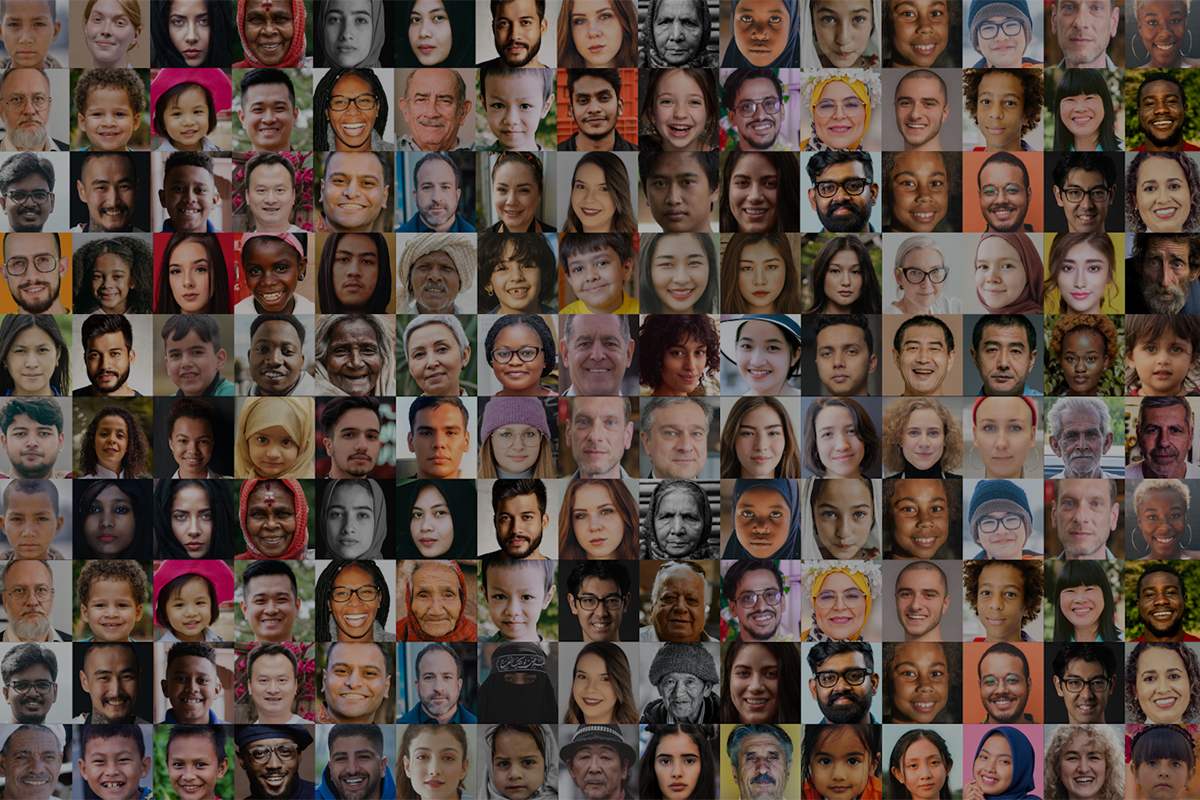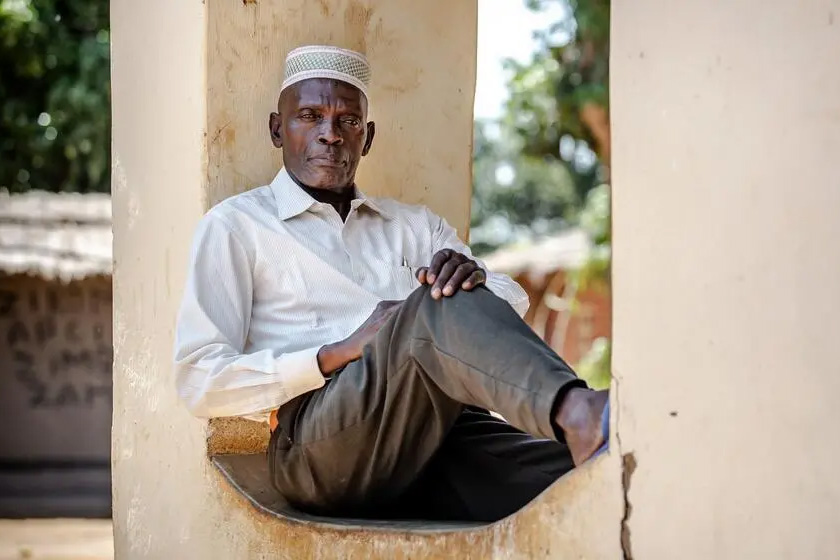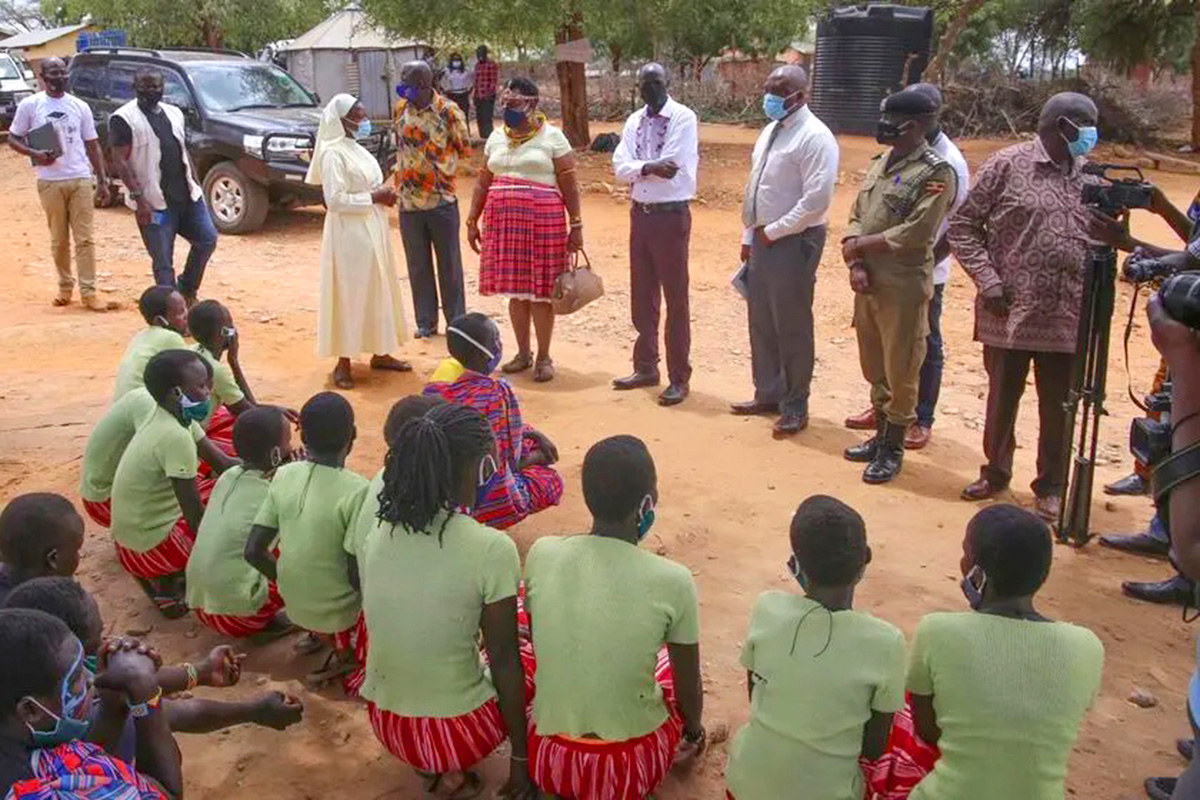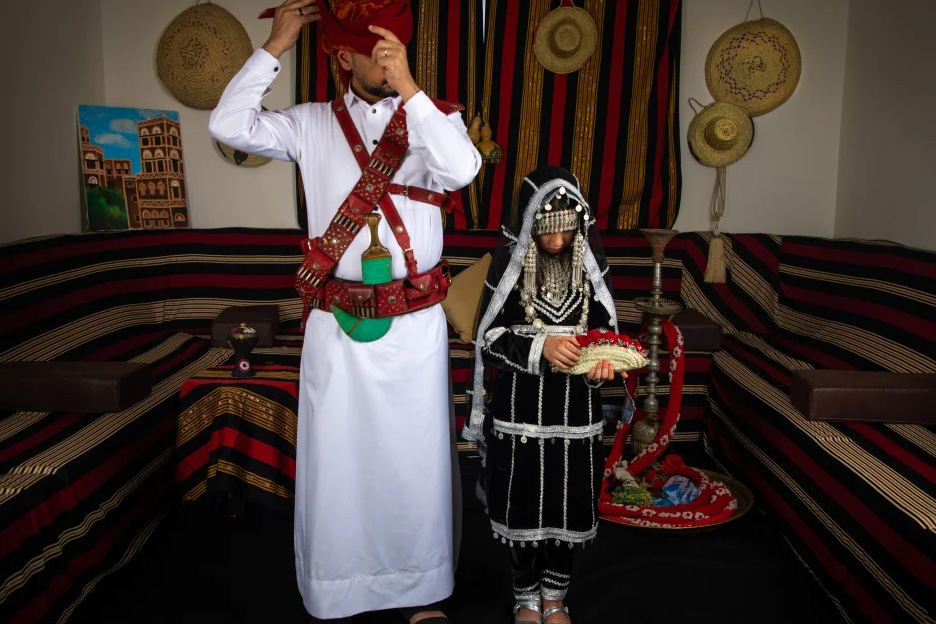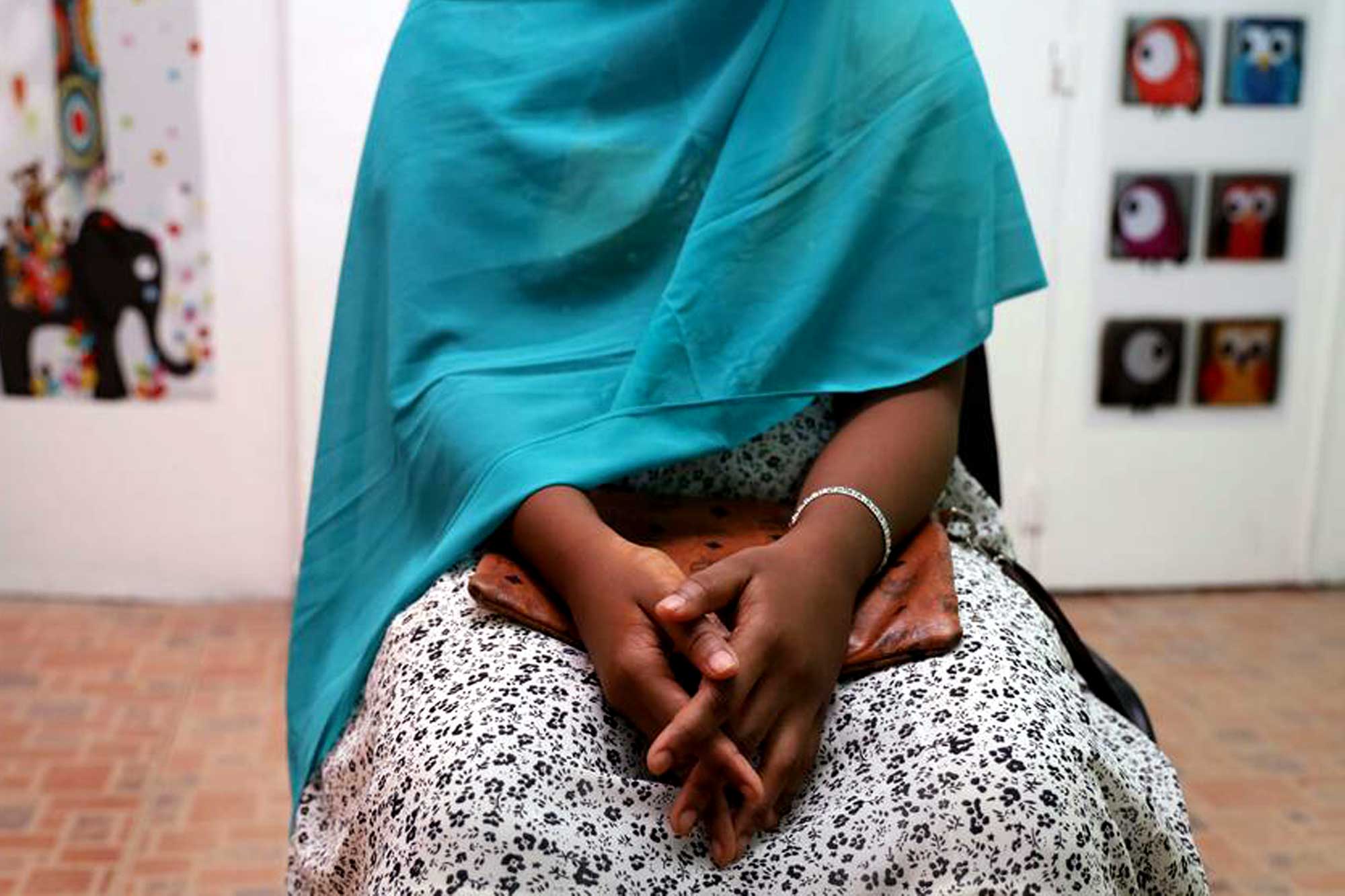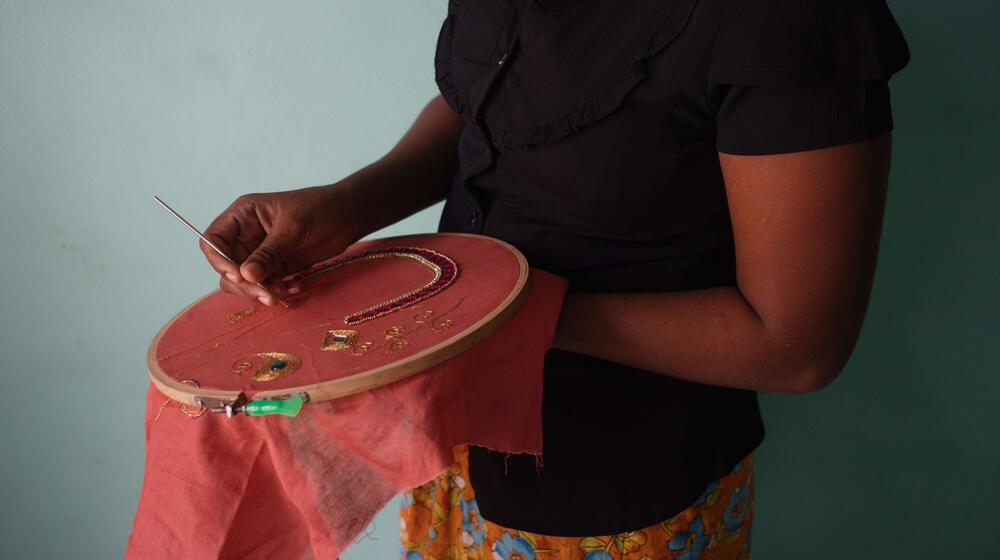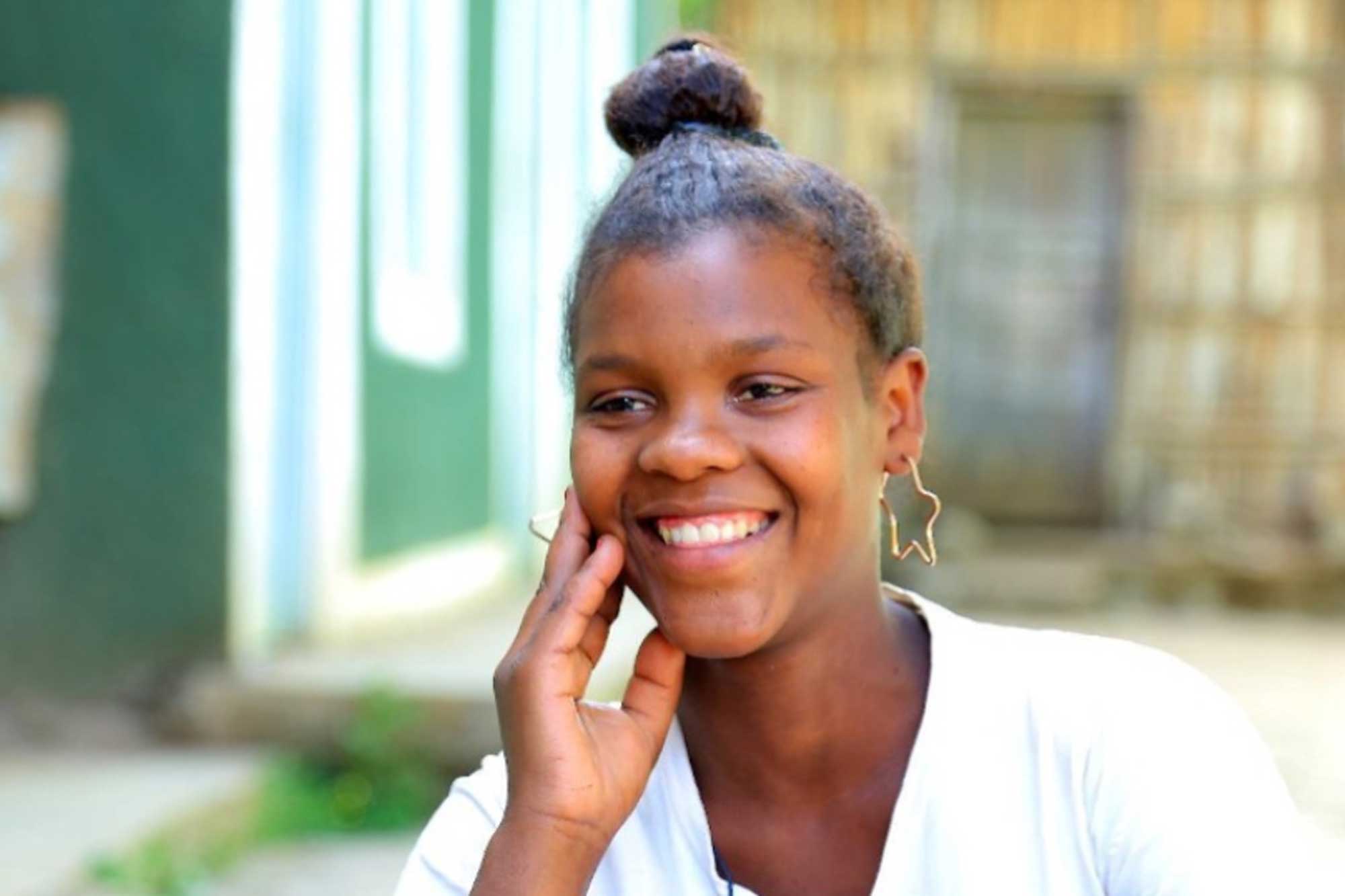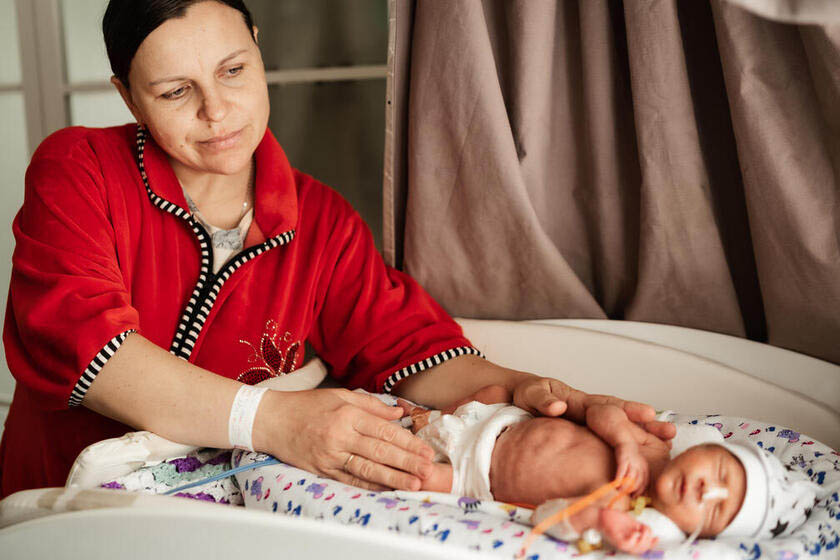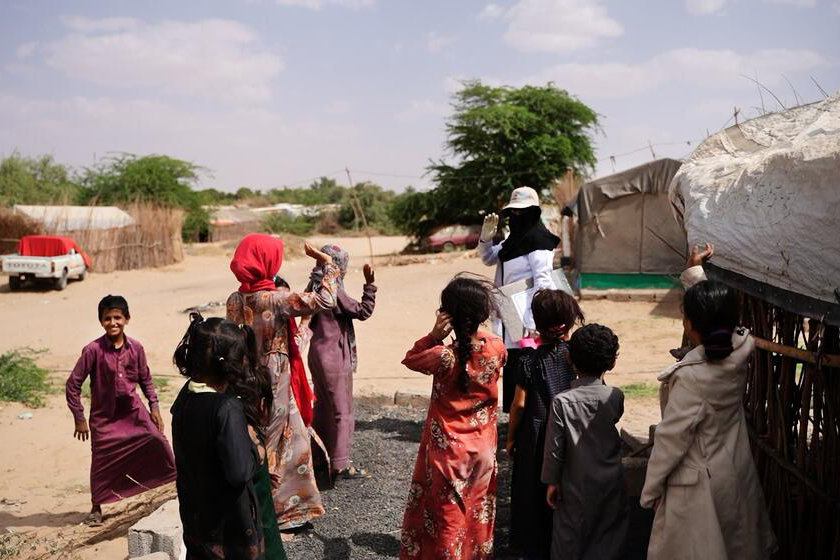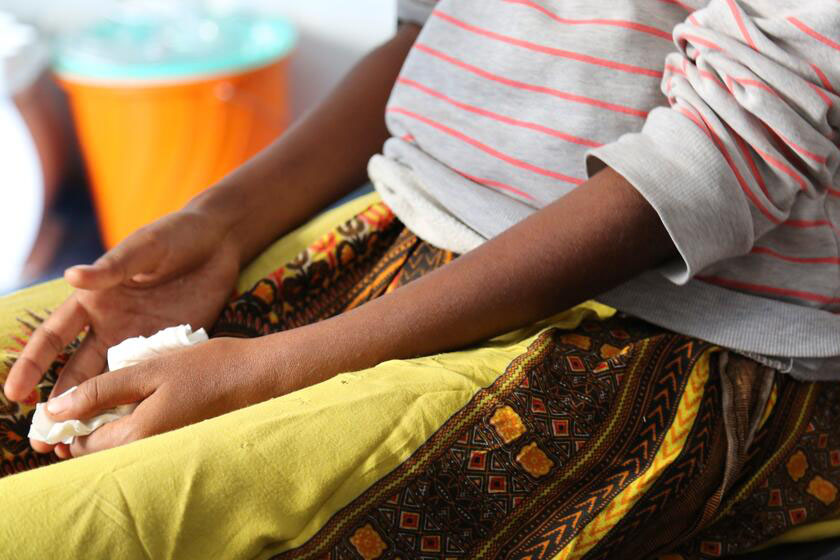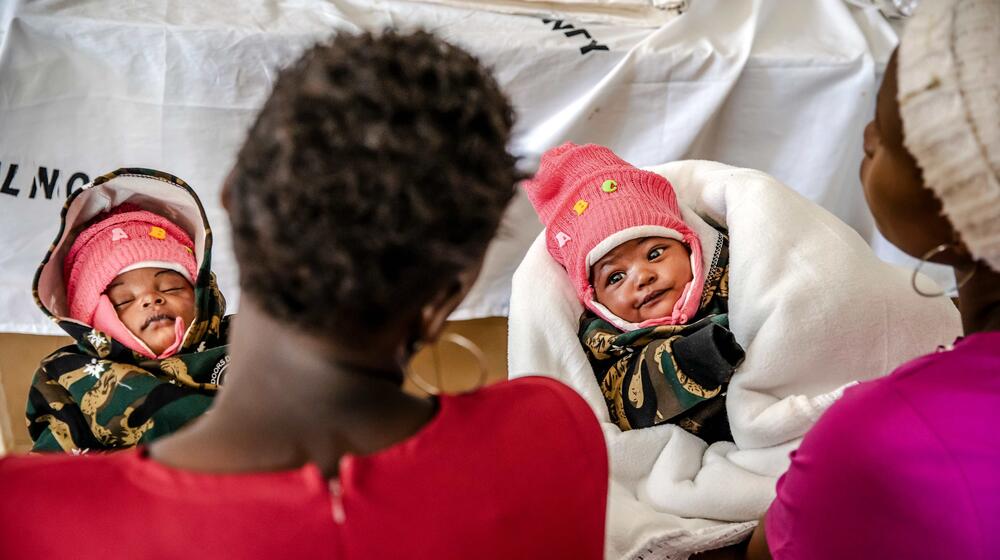On 15 November, the world will mark a major milestone as the world population reaches 8 billion. UNFPA explains the eight trends that makes us 8 billion strong: slowing growth, fewer children, longer lives, people on the move, ageing populations, women outliving men, two pandemics and shifting centres. Let our challenge be to do more than exist – let us dare to thrive. And not just a privileged few but as many people as possible. Turn the 8 on its side, and you see the symbol for infinity, so that a world of 8 billion could mean a world of infinite possibilities.
UNFPA
On 15 November 2022, the world’s population is projected to reach 8 billion people, a milestone in human development. This unprecedented growth is due to the gradual increase in human lifespan owing to improvements in public health, nutrition, personal hygiene and medicine. It is also the result of high and persistent levels of fertility in some countries. The Day of 8 Billion is an occasion to celebrate our diversity and advancements while considering our shared responsibility for the planet. Visit UNFPA to view the World Population Clock and to learn about being #8BillionStrong.
In Malawi, village head Patete, attended a training session by UNFPA focused on ending all forms of violence against women and girls and increasing awareness of human rights and gender equality.
UNFPA reports on Pokot girls being lured into Kenya from Uganda, at the height of the COVID-19 pandemic. The reason: To undergo female genital mutilation. The perpetrator: One of their friends.
UNFPA partner Yemeni Women Union (YWU) acted on a rumour about an 8-year-old girl getting married, by getting a district lawyer to appoint a legal consultant to investigate Iman’s case. Many girls aren’t rescued the way Iman was. More than 650 million women and girls around the world today were married or in informal unions before age 18. Child marriage is a human rights violation driven by poverty and gender inequality, among other factors. Girls entering child marriages or early unions tend to drop out of school. Without an education, economic independence is near impossible.
Sexual violence is not inevitable. We cannot allow it to become normalized in any way. This is the story of a 13 year old girl forced into motherhood by rape.
In Sri Lanka, one in four women have been subjected to physical or sexual violence, a figure expected to rise as incomes dwindle and tensions at home mount. Now with government funds stretched to their limits, the national health-care system is buckling under the pressure. Sexual and reproductive health services have been severely disrupted, even for essential support such as emergency maternal health care, access to contraception and safe houses for women. Since mid-June, UNFPA has been supporting seven shelters for survivors of gender-based violence across Sri Lanka.
“We asked around and found the woman who cuts girls in the village,” said Bereket Merihun, “She strongly warned us to keep it a secret.” Childhood and adolescence can be a time fraught with peer pressure and insecurity. Many go to great lengths to fit in. Although her father firmly opposed FGM, Bereket made a secret pact with 4 friends when they were just 15: to undergo FGM during their school summer break.
FGM has been outlawed in Ethiopia since 2004, but many pursue the practice anyway. Changing social norms requires building broader social movements uniting women, girls, men, and boys against FGM. To this end, UNFPA is engaging faith-based organizations, community institutions, and government stakeholders in the fight against FGM.
Let's agree to make racism history.
This International Day for the People of African Descent, UNFPA Executive Director Dr. Natalia Kanem reminds us that all the steps towards recognition, justice and development for Black people are needed everywhere.
Nataliia was four months pregnant when the war started in February 2022. Due to the stress of the conflict she gave birth three months early. From forced displacement, severe shortages of reproductive health care and the high risk of sexual violence, the war in Ukraine is having a disproportionate impact on women and girls. For thousands of pregnant women without access to essential services, childbirth is now fraught with added danger: Many hospitals are citing higher numbers of premature babies, health facilities are destroyed and damaged, and staff and supplies are running increasingly low.
Molok is a 30-year-old midwife in Yemen. Since losing her husband to the country’s grinding war, she raises her two sons alone and supports the family by working at a UNFPA mobile clinic.
For International Youth Day, UNFPA Executive Director, Dr. Natalia Kanem, calls for a world where everyone at any age has rights, choices and opportunities to fulfill their potential and promise.
Cheymi Gallardo Sánchez became a mother at age 15. In 2019, Cheymi was invited to participate in UNFPA-supported youth activities in her community, and she soon attended a camp for young leaders from around the country. There she learned about sexual and reproductive rights issues, including the issue of teenage pregnancy, contraceptive methods and abusive relationships. Today, she works with Kabata Konana, a group of indigenous women leaders, to promote sexual and reproductive health and rights and challenge gender stereotypes.
“We tried to flee on the back of a truck, but they caught us. They took me away, raped me and left me in the bush.” Mahlet* was just 17 when she fled her home in November 2021 to escape the conflict raging in Ethiopia’s northern Tigray region.
Amidst a historic fertility slowdown, the world’s population is expected to reach 8 billion on 15 November 2022, with India projected to become the most populous country in 2023, according to the UN.

